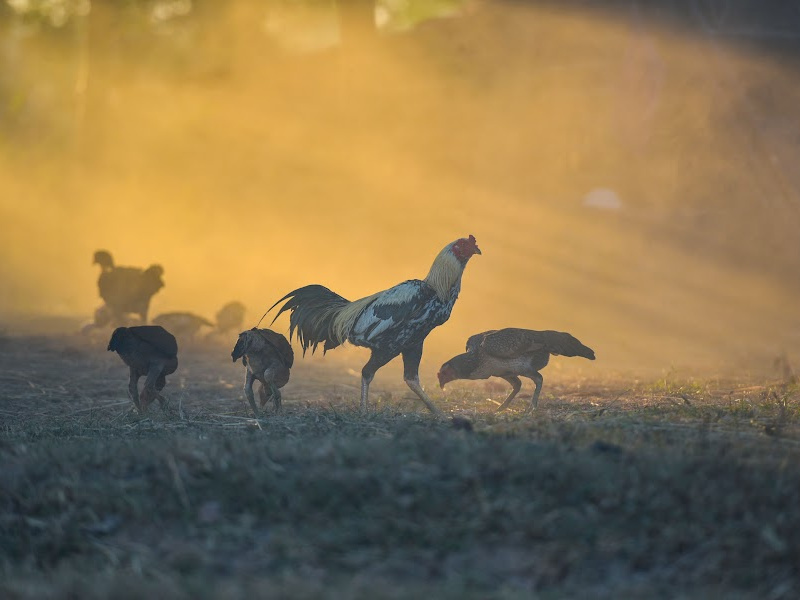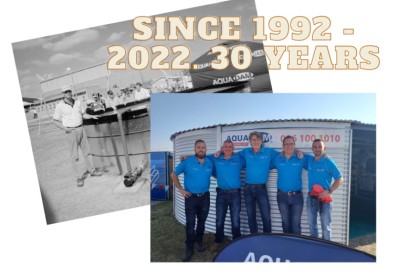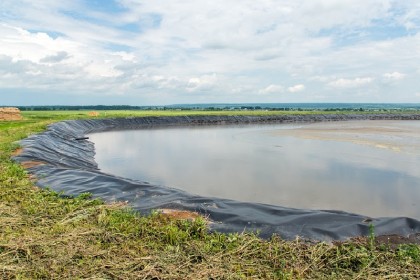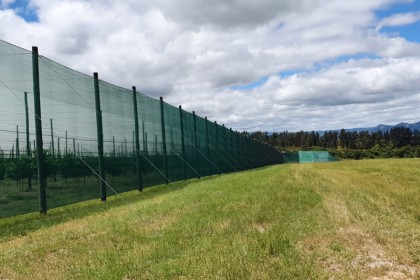
World Class Poultry Breeders in South Africa
Poultry breeding is a large, global industry that is constantly expanding as Earth’s population increases. Ross Poultry Breeders is one of the largest broiler breeders and distributors in South Africa. Taking pride in the delivery of an excellent product, Ross Poultry Breeders goes the extra mile to ensure their breeding programs are of the highest standard. Some of the measures taken to ensure a high standard is upheld consist of state-of-the-art equipment, feed, ventilation, veterinary care, and more.
Ross Poultry Breeders Products
In the poultry breeding industry, there are generally two types of stock. At Ross poultry breeders we have both of these products available.
Parent Stock
Parent stock, also known as parent birds, broiler breeders, and stock breeders, are the chickens that lay fertilised eggs. The eggs that are laid are intended to become broilers. Here, the hens (female chickens) and roosters (male chickens) are kept together in the same facilities, otherwise known as barns. This is to encourage easy and natural mating behaviour, resulting in higher egg yields. It should be noted that the eggs produced in these circumstances are not the eggs that are cultivated for human consumption.
At Ross Poultry Breeders, the Ross 308 Parent Stock, breeds one of the most popular broilers globally. The result is a process that yields consistent, high-quality products.
Broilers
Broilers are chickens that are bred and raised for human consumption. They have been specifically bred to have certain genetic features, making them highly desirable for consumers. Therefore, these chickens are often hybrids that grow and mature very quickly. As the industry shifts and adjusts to the wants and needs of consumers, so do the genetic features desired and required shift.
Ross Poultry Breeders produces Ross 308 Broilers. These chickens provide a very high meat yield and are extremely popular globally.
What Goes Into Broiler Breeding
There are two main phases and locations in which broiler breeding takes place. Each facilitates a very important process and phase of broiler breeding. These phases are known as breeding and rearing. These two phases take place in two different barns.
Hatcheries
Hatcheries, also known as pullet barns, are barns in that chicks (baby chickens) are hatched and raised until they are mature enough to be moved to a breeding barn. These barns are called pullet barns because a pullet is the scientific namesake of chicks. Males and females are kept in separate areas in these barns. This is because males and females grow at different rates. They also have different nutritional needs, making it easier to fulfil those needs when they are housed separately. The chicks are also vaccinated in these hatcheries.
Breeding Barns
Once these chicks have reached adulthood, they are moved to breeding barns. This is where the roosters and hens are placed together for mating purposes. Hens reach maturity at which they can start laying eggs at 26 weeks. They will then lay eggs for about 35 weeks. During this time, they can be expected to lay between 145 and 150 eggs. As eggs are laid, they gently roll down onto a conveyor belt, where they are packed into crates and shipped to the hatchery.
External Effects on Breeding
There are multiple factors that can affect the rate and quality of egg production. Two vital aspects are feed and light management.
Feed
The nutrition of chickens is very complex and can have negative and positive effects. If a hen is overfed, she can experience fertility issues, a decrease in successful mating, as well as excessive follicle development which can cause a number of other problems. Some of these problems include:
- Oviductal prolapse
- Egg yolk peritonitis
- Erratic oviposition
- Increased double egg yolk production
Light Management
The times at which these chickens are exposed to light, as well as the length of exposure, can influence the laying of eggs drastically. The practice of controlling a chicken’s perception of day length is known as photo stimulation. Essentially, this is a series of events or routines that are set up for the chickens to stimulate a regular production of eggs.
To find out more about how Ross Poultry Breeders ensures the production of superior broilers, search or directory, or visit their website.












